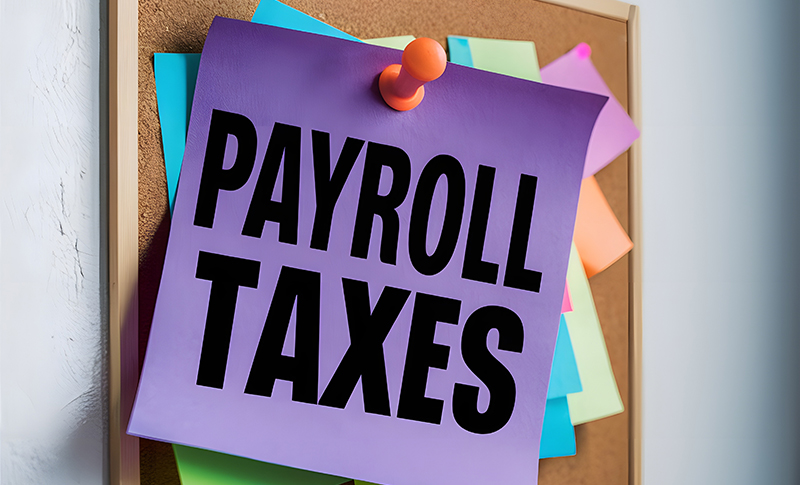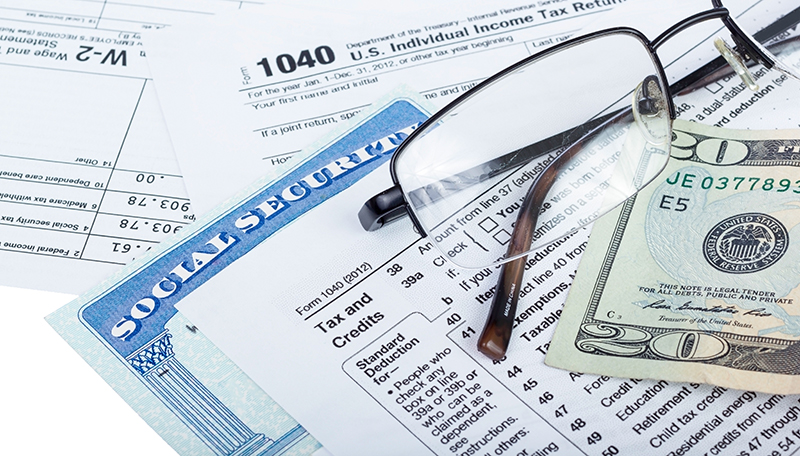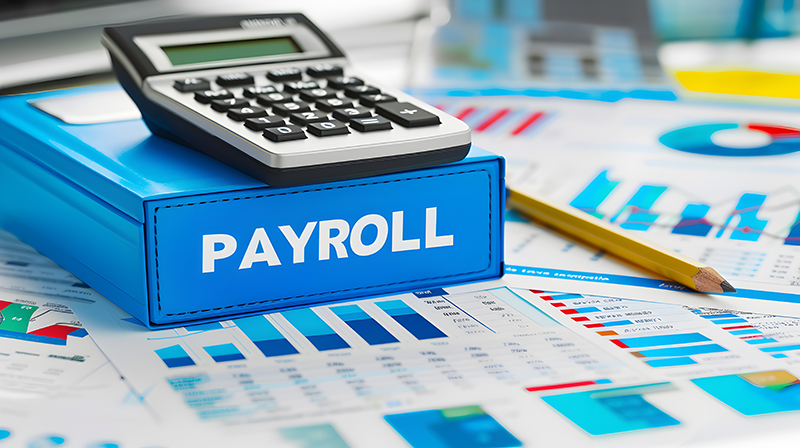Can I Deduct Unpaid Invoices?
December, 28 2023 by Steve Banner, EA, MBA
This question gets us right to the heart of a problem that constantly plagues many businesses and business owners, namely the matter of customers who either pay their bills late, or not at all. I’m sure that most, if not all of us, have been guilty of this offense at one time or another. Perhaps this was caused by forgetting about a particular invoice or mislaying it, or, more commonly in today’s world, accidentally deleting or misfiling the email to which the invoice was attached. Apart from these unintentional reasons for the non-payment of an invoice, there are more purposeful causes, such as a customer delaying payment due to temporary cash follow issues or a downturn in their own business.
But regardless of what the cause may be, we must spare a thought for the owners of the business that issued the invoice: they too have their own bills to pay, and how can they stay in business if their customers don’t pay for the goods delivered and services rendered?
The matter of debt collection is well beyond the scope of this article, but what we can talk about is how to handle unpaid invoices from the point of view of accounting and income tax reporting.
The two most commonly used methods of accounting used by businesses are:
- Cash basis – Used by the majority of small businesses. With this method, income is recorded on the books when it is received, and expenses are recorded when they are paid.
- Accrual basis - With this method, income is recorded in the books when the related goods or services are provided, and expenses are recorded when they are incurred (usually before they are paid).
Under normal business operations, the transactions that have been recorded each year in the “books” of a business (or more likely in the accounting software of the business) are used to form the basis of the firm’s income tax reporting for the year.
But we’re here to talk about unpaid invoices, so let’s use an example of how an unpaid invoice would be handled for income tax reporting by two small businesses using different accounting methods.
Example 1: Joe the plumber uses the cash basis of accounting and, in December 2023, he sent Chuck a bill for $2,000 for the replacement of his hot water service. Chuck had still not paid the bill by May 2024 when Joe found out he had sold his house and moved interstate with no forwarding address. Even though Joe had provided $2,000 worth of goods and services to Chuck, he did not record the income on his 2023 tax return because he did not receive the money. Thus, Joe cannot deduct his unpaid invoice because he never received and reported the $2,000 in income.
Example 2: Joanna uses the accrual accounting method, and repainted three rooms for Chuck around the same time Joe was working in the house. She sent Chuck a bill for $1,500 and recorded the $1,500 in income on her books in December 2023. She reported the $1,500 as income in her 2023 tax return. She too has not been paid, and will deduct the unpaid invoice on her 2024 tax return.
In both cases, Joe and Joanna have suffered a loss from the non-payment of an invoice, but Joanna can deduct her unpaid invoice in 2024 because she had included the amount as income in 2023.
But a business taxpayer cannot simply deduct an unpaid invoice without due cause. The debt related to the invoice must be worthless and, according to the IRS, this standard is reached when there is no longer any chance the amount owed will be paid. Although this may occur on or before the due date of the debt, you must show that you have taken reasonable steps to collect the debt but were unsuccessful. A declaration of bankruptcy by the person who owed you the money would provide good evidence of the worthlessness of the debt, as would the person disappearing without a trace, like Chuck did in our example above.
To summarize our response to this question, you can deduct an unpaid invoice as a business expense if all the following are true:
- You have already included the amount of the invoice as income on your tax return;
- You have taken reasonable steps to try to collect the funds, but did not succeed; and
- The debt owed is worthless because there is no longer any chance that the invoice will be paid.





